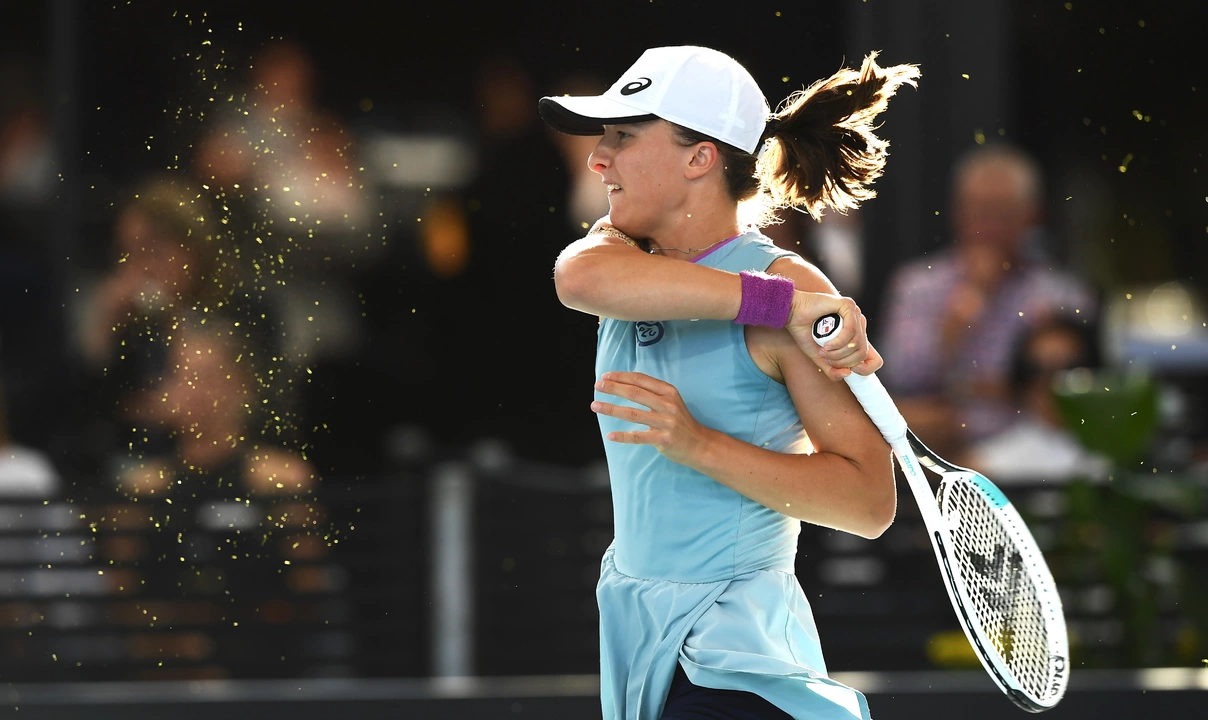Why Young Tennis Players Struggle to Win Grand Slams
Ever wonder why we don’t see many teenagers lifting a Grand Slam trophy? It’s not just luck. A mix of experience, pressure, and the level of competition keeps most young pros from breaking through. Let’s break it down in plain terms.
Experience Gap
Grand Slam matches are best‑of‑five sets for men and best‑of‑three for women. That means you need stamina and strategy that come from years on court. Young players often lack the match‑play minutes that seasoned stars have. They might know the strokes, but they haven’t faced the endless grind of a two‑week tournament.
Mental Pressure
Playing in front of huge crowds, bright lights, and a global TV audience adds a mental load. A rookie can feel that pressure in every point, which steals confidence. When a player starts doubting a serve or a forehand, the mistake snowballs. Top players have learned to turn that pressure into focus over many seasons.
The physical side matters too. Grand Slams test endurance, speed, and recovery. Young bodies are still growing, and injuries can derail a promising run. A 20‑year‑old may not have the same recovery tools or muscle memory as a 30‑year‑old who’s refined his routine over a decade.
Another factor is the strength of the current elite. Players like Federer, Nadal, and Djokovic have dominated for years, setting a high bar. Even when they’re past their prime, they still win matches with experience alone. That makes it tougher for newcomers to get deep into a draw.
Coach support also plays a role. Young talents often lack the same level of coaching staff, nutritionists, and sports psychologists that top players can afford. Those resources help manage both physical fatigue and mental stress during a Slam.
Travel demands add another layer. A Grand Slam means two weeks away from home, changing time zones, and adapting to new courts. Young players may find it hard to settle into a routine, which can affect performance.
One practical tip for aspiring pros is to build tournament experience early. Playing smaller events, like ATP 250 or Challenger tours, helps develop the stamina and mental toughness needed for majors.
Another tip: work with a sports psychologist early in your career. Even a few sessions can teach coping strategies for big‑stage nerves.
Finally, focus on long‑term development, not just one tournament. Consistency over several years beats a single breakthrough. The data shows that most Grand Slam winners have at least five years of steady progress before their first major win.
So, while it’s rare to see a teenager win a Slam today, the path is clear: gain match experience, strengthen mental resilience, and build a solid support team. Follow these steps and you’ll increase your chances of joining the elite.
In recent years, we've noticed a trend of young tennis players struggling to win the Grand Slams. One reason could be the dominance of seasoned players like Federer, Nadal, and Djokovic, who continue to maintain a tight grip on these titles. Additionally, the physical and mental demands of Grand Slam tournaments can be overwhelming for young players, making it difficult for them to consistently perform at their highest level. Lack of experience also plays a role, as navigating high-pressure situations is a skill that takes time to develop. Lastly, the increased competitiveness in the tennis world has raised the bar, making it tougher for young players to break through and claim those prestigious titles.
Continue reading...
